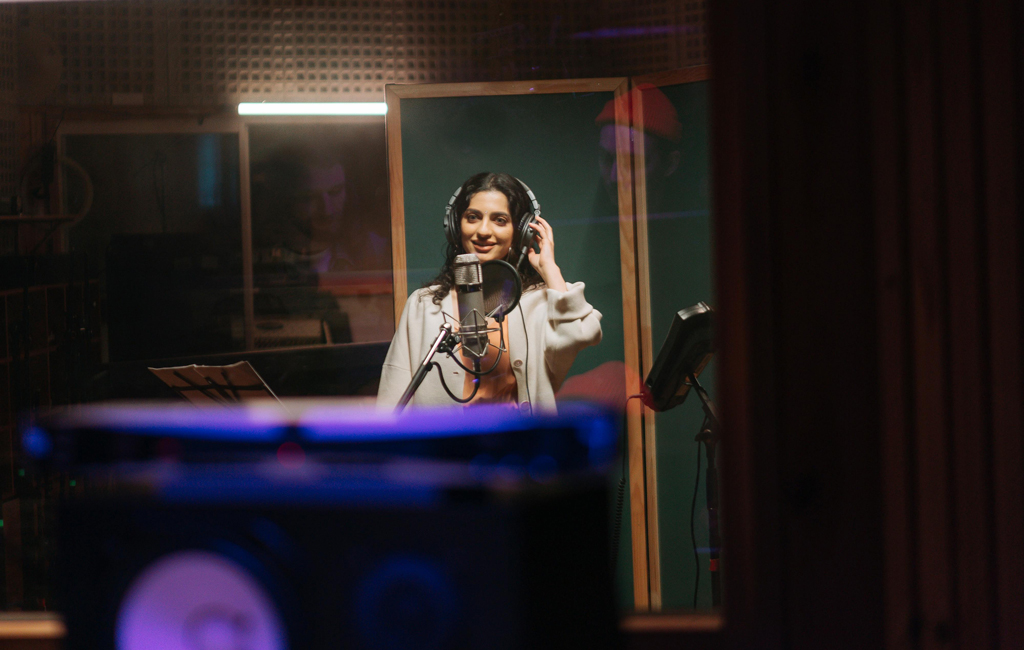How To Know If You Need Treatment For Alcohol Use Disorder
There is no right or wrong answer when it comes to deciding if you need treatment for alcohol use disorder, but asking the question is a sign that it is time to start looking. The body can become dependent on alcohol before you realize it, and stopping drinking suddenly can pose a risk to your physical and mental health.
At Recovery Center for the Arts, we understand our patients have their own unique stories. We encourage you to express yourself through painting, music, and dance as a way to share your feelings and emotions while healing from alcohol use. If drinking has become a priority over your work, home, and personal life, our team is ready to help you navigate the next steps and begin the journey to recovery.
Definition Of Alcoholism
Alcoholism is categorized as a mental health condition according to the Diagnostic and Statistical Manual of Mental Disorders (DSM-5). Proper terminology refers to alcoholism as an alcohol use disorder. There are many criteria that define having an alcohol use disorder, including:
- Drinking or being sick from drinking interferes with work, school, or home life
- Experienced situations more than once while or after drinking that increased your chances of harm
- Experienced legal troubles from alcohol use including arrests for DUI or public intoxication
- Needing more alcohol to create the same effects
- Experiencing withdrawal symptoms between drinking bouts
- Wanting to cut down on drinking but being unable to
- Quit hobbies or activities once enjoyed to drink
- Continued drinking despite feelings of depression and anxiety
If you answered yes to one or more of these questions, you may be developing an alcohol use disorder. If you answered yes to more than three, you likely have an alcohol use disorder.
Causes Of Alcohol Addiction
Alcohol use disorder does not develop overnight, and it can happen before you even realize it. Alcohol changes the chemical balance within the brain, and prolonged heavy drinking rewires the pathways within. As the brain becomes used to having alcohol, it becomes a learned behavior. Not only does the body need alcohol to function, but the mind feels it is the answer to negative feelings. However, as drinking continues, anxiety and depression will worsen, leading to drinking more. The cycle continues as the person loses themselves in alcohol consumption.



